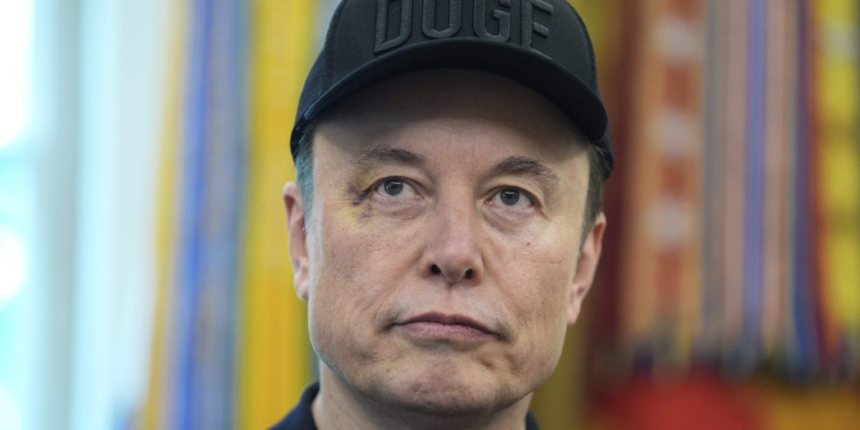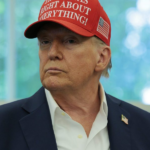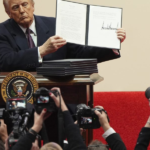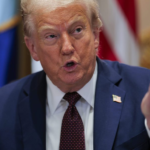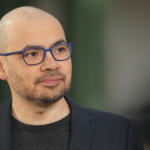The double-barreled legal attack weaves together several recently unfolding narratives to recast a year-old partnership between Apple and OpenAI as a veiled conspiracy to stifle competition during a technological shift that could prove as revolutionary as the 2007 release of the iPhone.
“This is a tale of two monopolists joining forces to ensure their continued dominance in a world rapidly driven by the most powerful technology humanity has ever created: artificial intelligence,” the lawsuit asserts.
The complaint portrays Apple as a company that views AI as an “existential threat” to its future success, prompting it to collude with OpenAI in an attempt to protect the iPhone franchise that has long been its biggest moneymaker.
OpenAI has countered with a lawsuit against Musk accusing him of harassment — an allegation that the company cited in its response to Monday’s antitrust lawsuit. “This latest filing is consistent with Mr. Musk’s ongoing pattern of harassment,” OpenAI said in a statement.
Apple didn’t immediately respond to a request for comment.
Apple’s own AI shortcomings may be helping drive more usage of ChatGPT on the iPhone, providing OpenAI with invaluable data that’s unavailable to Grok and other would-be competitors because it’s currently an exclusive partnership.
The alliance has provided Apple with an incentive to improperly elevate ChatGPT in the AI rankings of the iPhone’s app store, the lawsuit alleges. Other AI apps from DeekSeek and Perplexity have periodically reached the top spot in the Apple app store’s AI rankings in at least some parts of the world since Apple announced its deal with ChatGPT.


